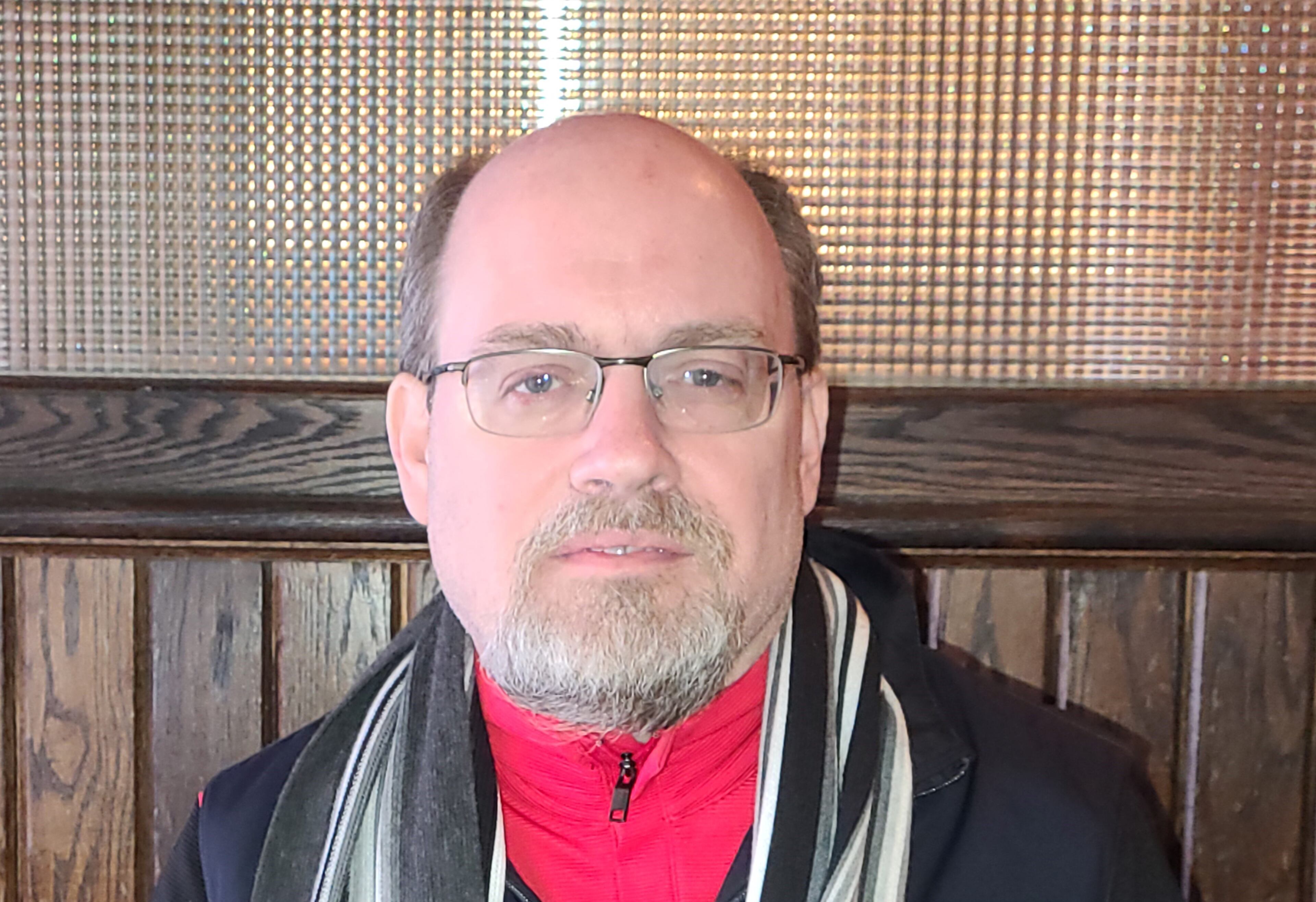Opinion: How to avert self-destruction of America

The philosopher George Santayana once said: “Those who cannot remember the past are condemned to repeat it.” To which I might add that those who remember Santayana’s maxim also seem condemned to repeat the phrase.
After a myriad of civilizations were swept into the dustpan of history, a logical question to ask is why could it not happen in the United States? The same destructive impulses -- military overexpansion, decline of the family, greed, social decay, political corruption and spiritual decay -- all played a seminal role in undermining the socioeconomic and political structures of ancient Rome and Greece.
In contemporary times, America confronts an unfortunate and tragic situation that is only getting worse, not better. It is becoming increasingly difficult for mayors in major American cities or the President of the United States to improve the systemic economic, political and social violence plaguing the country. Fundamentally, it has to do with the breakdown of the family, lack of education, lack of health insurance and mental health therapy.

In particular, the political leaders should have modernized the state mental institutions rather than close them down during the late 1960s and into the 1970s. As a result, many of the homeless in America who are mentally ill have no place to go. In essence, they are victims who need help as do cancer patients.
In addition, there is the perennial problem of selfish individualism that continues to eat away at the social fabric of American society. As it continues to erode the social structure, it fragments us into smaller and smaller group loyalties. As a result, a growing and powerful conservative movement is building throughout American society. Hence, the nation is weakened by internal conflict.
The contributing factors underlying the inherent tensions are the economic and racial inequalities that remain a continual problem throughout our nation. The disappearance of high-wage manufacturing jobs, particularly in the areas of steel and textiles, have not only brought hardship and dislocation to thousands of American families, but also led to the decay of small towns in America.
The transition from a manufacturing society to a total information/high-tech one is still underway -- particularly for older Americans who are being retrained for new jobs and it remains one of the most dramatic and daunting challenges for the American people in the 21st century.
Furthermore, America is still haunted by other lingering issues: the possibility that more than one gunman shot President John F. Kennedy in Dallas on that fateful November day in 1963. It is imperative that further investigation must come about if the facts of this tragedy are ever to be made public.
In addition to the Kennedy assassination, deep and painful wounds were inflicted on the American psyche by the Vietnam War, which killed 58,220 American servicepeople. The war destroyed not only Lyndon B. Johnson’s Great Society, but also contributed to the end of his presidency.
Moreover, the nation had to endure the nightmare of the Watergate crisis from 1972-1974. Many Americans were astounded that their democratically elected officials were culpable of such undemocratic and criminal behavior. Moreover, from an historical perspective, Watergate served to deepen the political disenchantment and growing cynicism that commenced after the assassination of President Kennedy and the bloody quagmire in Vietnam.
These issues strike at the very heart of the American nation. In essence, they remind us that a free and democratic society must grapple with complex and painful political and social upheavals that challenge our conventional accounting of how we perceive our country -- and ourselves.
In order to alleviate these tensions, we must embrace a strong work and religious ethic, coupled with a commitment to family values.
As an example, the federal Government should provide greater assistance to the Job Corps program initiated by President Johnson in 1964. Over the decades, the program’s effectiveness has improved wages, literacy and credential attainment, while decreasing criminal activity and reliance on public assistance. It has provided millions of America’s youth with a sense of purpose and direction in life. They have learned and mastered practical trades, such as an electrician or plumber. These are skills they can utilize the rest of their lives.
To that end, these lifestyle and career choices can help ameliorate the social and economic fabric of the times in which we live. As a society, we must learn to be sensitive to the cultural heritage of others. Understanding the background of other people, their struggles and triumphs, will enable America to celebrate the richness and diversity of its existence, rather than permitting our troubled differences to divide us as a people.
However, to attain positive change requires people to play an active role in the political process. Only if Americans demand greater corporate accountability, insist that their elected leaders focus on strengthening America’s corporate infrastructure, push for the creation of a National Commission on Violence, choose personal development rather than self-destruction and insist that Congress place principle over partisanship on the issue of healthcare reform can we ever hope to restore our country to a healthy order.
As a nation, we would all benefit enormously by remembering the legacy of the late Congresswoman Barbara Jordan. An eloquent educator and distinguished legislator, Ms. Jordan believed in the concept of change and encouraged the American people to apply it to their political institutions. Her advocacy of political change still echoes throughout many avenues in our society.
As we begin the march into the future, let us understand that to make our nation work will require a summoning of the will not only to understand where we came from and who we are, but also, perhaps, to change the course of where we want to go as a civilization.
David M. Huff is an intellectual property specialist at an international law firm in Washington, D.C.


